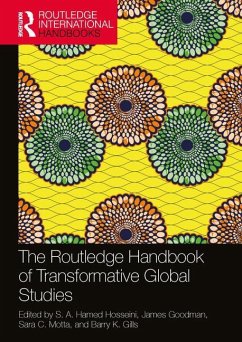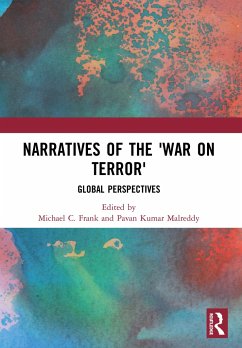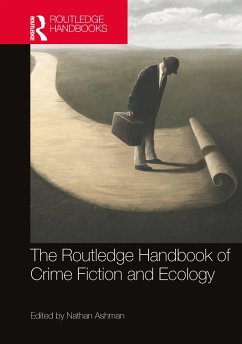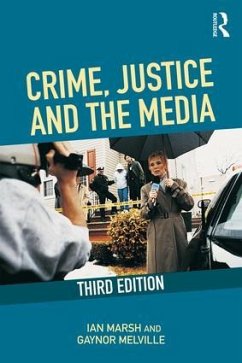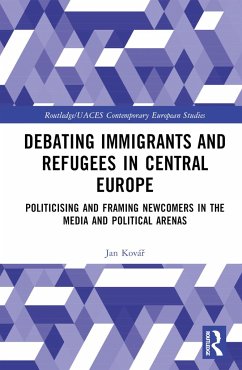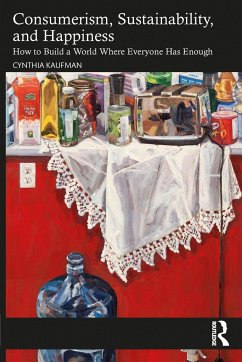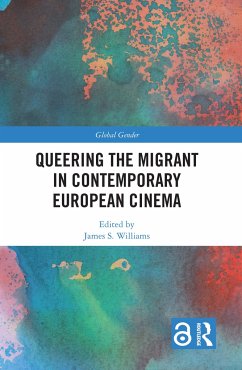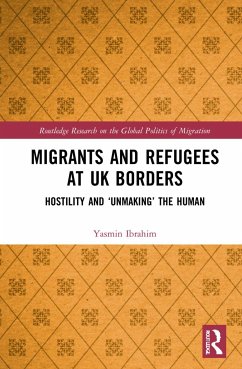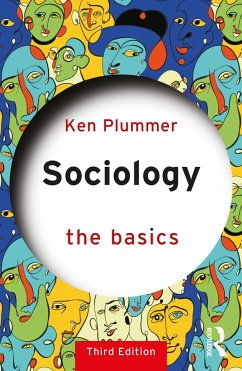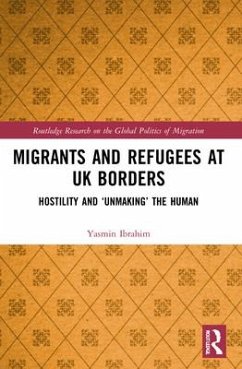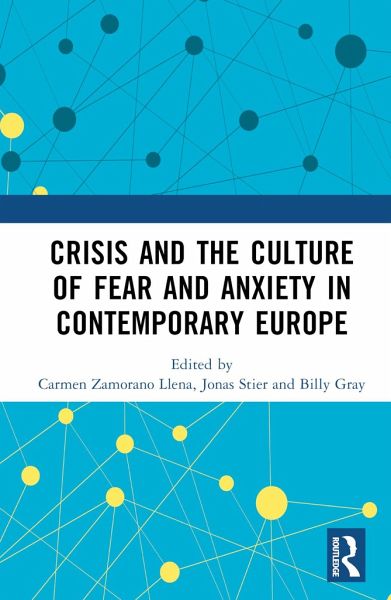
Crisis and the Culture of Fear and Anxiety in Contemporary Europe
Versandkostenfrei!
Versandfertig in 6-10 Tagen
154,99 €
inkl. MwSt.
Weitere Ausgaben:

PAYBACK Punkte
77 °P sammeln!
The accruement of crises over the last two decades, with their particular manifestations in the European context, has evoked the feeling of living in exceptional times, as captured in the recurrent claim that we live in the "age of anxiety." The main aim of this collection is to analyse, from a multidisciplinary perspective, the causes and consequences of the current dominance of the discourse of fear, anxiety, and crisis through the experience of distinct and often interdependent moral panics in twenty-first-century Europe.With its multidisciplinary approach, this volume sheds light on the ne...
The accruement of crises over the last two decades, with their particular manifestations in the European context, has evoked the feeling of living in exceptional times, as captured in the recurrent claim that we live in the "age of anxiety." The main aim of this collection is to analyse, from a multidisciplinary perspective, the causes and consequences of the current dominance of the discourse of fear, anxiety, and crisis through the experience of distinct and often interdependent moral panics in twenty-first-century Europe.
With its multidisciplinary approach, this volume sheds light on the need to view the interrelationship between different crises and their associated affects as crucial in attaining a more nuanced understanding of the aetiology and effects of the current "age of anxiety." This multidisciplinary scrutiny of the interrelationship of twenty-first-century fears, anxiety and crises signals an original engagement with these complex phenomena in order to make their emergence and profound effects on contemporary society more comprehensible.
The timeliness of the thematic focus and the rigorous in-depth analyses make this collection relevant to students and academics within the fields of sociology, literary and cultural studies, political science and anthropology, as well as to those in European studies and global studies.
With its multidisciplinary approach, this volume sheds light on the need to view the interrelationship between different crises and their associated affects as crucial in attaining a more nuanced understanding of the aetiology and effects of the current "age of anxiety." This multidisciplinary scrutiny of the interrelationship of twenty-first-century fears, anxiety and crises signals an original engagement with these complex phenomena in order to make their emergence and profound effects on contemporary society more comprehensible.
The timeliness of the thematic focus and the rigorous in-depth analyses make this collection relevant to students and academics within the fields of sociology, literary and cultural studies, political science and anthropology, as well as to those in European studies and global studies.




